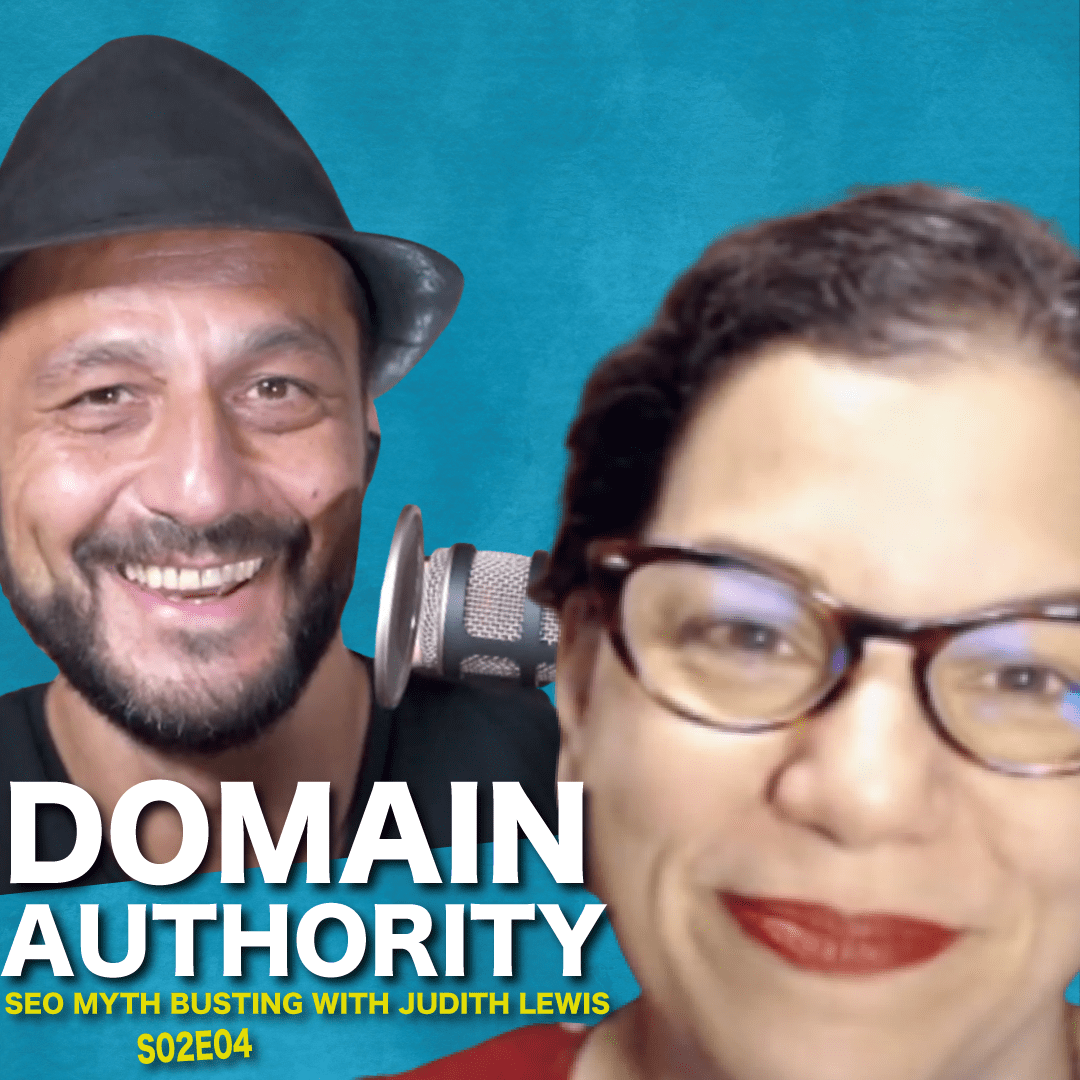Domain Authority for SEO will never die. The problem is it should have never been born.
On SEO Conspiracy, we will keep on pounding about Domain Authority as one of the biggest myths about Search Engine Optimization for Google. Everybody knows it was a score invented by Moz.com, but the issue is slightly more complicated than that. If you deal with Domain Authority, your analysis will be flawed. Even if you want to use magic potion by SEO druids, please don’t do it on the domain level. Everything happens on the page level. Once an SEO starts to put in motion a mindset around this simple shift, amazing things start happening. Take the Web, take Google, take SEO URL by URL, and you will begin to understand how things work. Who is in relation to what and why is the key, but it’s not happening on a domain level. There are signals of authority and trust analyzed by Google, but we are getting into entity territory. Certainly not anything to deal with Domain Authority. At least, if those guys would have some kind of scientific approach, it could be interesting. Instead, they throw you a score and ask you to trust them without knowing anything about how this score is calculated.
Watch the video:
Domain Authority (DA) is one of the most misunderstood metrics in the SEO world. Created by Moz, it was designed as a helpful approximation of how Google might evaluate a site’s strength. However, it has taken on a life of its own, often misused and overhyped by SEOs, bloggers, and link sellers. Let’s break down the myth of Domain Authority and why it remains so pervasive despite its flaws.
What is Domain Authority?
Domain Authority is a metric invented by Moz to estimate the likelihood of a domain ranking well on search engines. It assigns a score between 1 and 100 based on factors like the quantity and quality of backlinks. While useful as an internal Moz tool, it has no direct connection to Google’s algorithm.
The Problems with Domain Authority
- Not a Google Metric: Google has repeatedly stated that it does not use Domain Authority in its algorithm. In fact, a Google engineer even added “Google does not use Domain Authority” to their Twitter bio to dispel the misconception.
- Homepage-Centric Misunderstanding: Google evaluates the web on a page-by-page basis. The idea that a single score can represent the ranking power of an entire domain oversimplifies how search engines work.
- Easily Manipulated: Early versions of DA could be inflated with spammy tactics like comment backlinks. While these tactics boosted a site’s DA, they had no lasting impact on actual search rankings.
Why Domain Authority Persists
DA is popular because it simplifies a complex process. It offers a single, easy-to-understand number that SEOs, bloggers, and link sellers can use as a shorthand for value. This simplicity makes it appealing, but also misleading.
- Sales Tool: Bloggers often use their DA score to justify the price of sponsored posts. Link sellers tout high DA scores to attract buyers.
- Familiarity: DA is a widely recognized metric, making it a convenient benchmark despite its limitations.
- Lack of Education: Many marketers assume DA is synonymous with Google’s ranking factors, perpetuating its misuse.
A Better Approach: Focus on Pages, Not Domains
SEO works at the page level. Instead of relying on DA, evaluate individual pages using:
- Relevance: Does the page’s content align with your target audience?
- Traffic Potential: Is the page ranking for the right keywords?
- Link Quality: Are the backlinks pointing to the page authoritative and relevant?
Tools like Majestic’s Citation Flow and Trust Flow offer more nuanced insights, focusing on the actual link profile of a page rather than an entire domain.
Why Page-Level Metrics Matter
Imagine getting a link from a high-DA site like Forbes. If the link is buried on an orphaned page with no internal or external links, it carries little weight. Conversely, a link from a well-connected, relevant page on a niche site can have a much greater impact.
- Internal Links Matter: Pages with strong internal links from the same domain carry more authority.
- Reasonable Surfer Model: Google values links that are prominently placed and likely to be clicked, not just any random link on a page.
Final Thoughts
Domain Authority is not inherently bad, but it’s often misused. It should never be the sole metric for evaluating SEO success or link quality. Instead, focus on the elements that truly matter: relevance, user engagement, and a strong link profile at the page level. SEO is complex, but reducing it to a single number does more harm than good.



